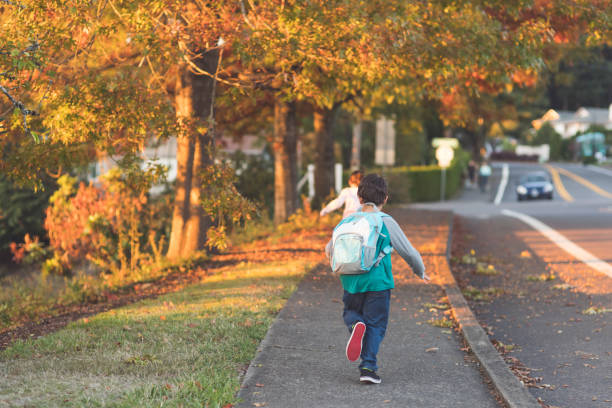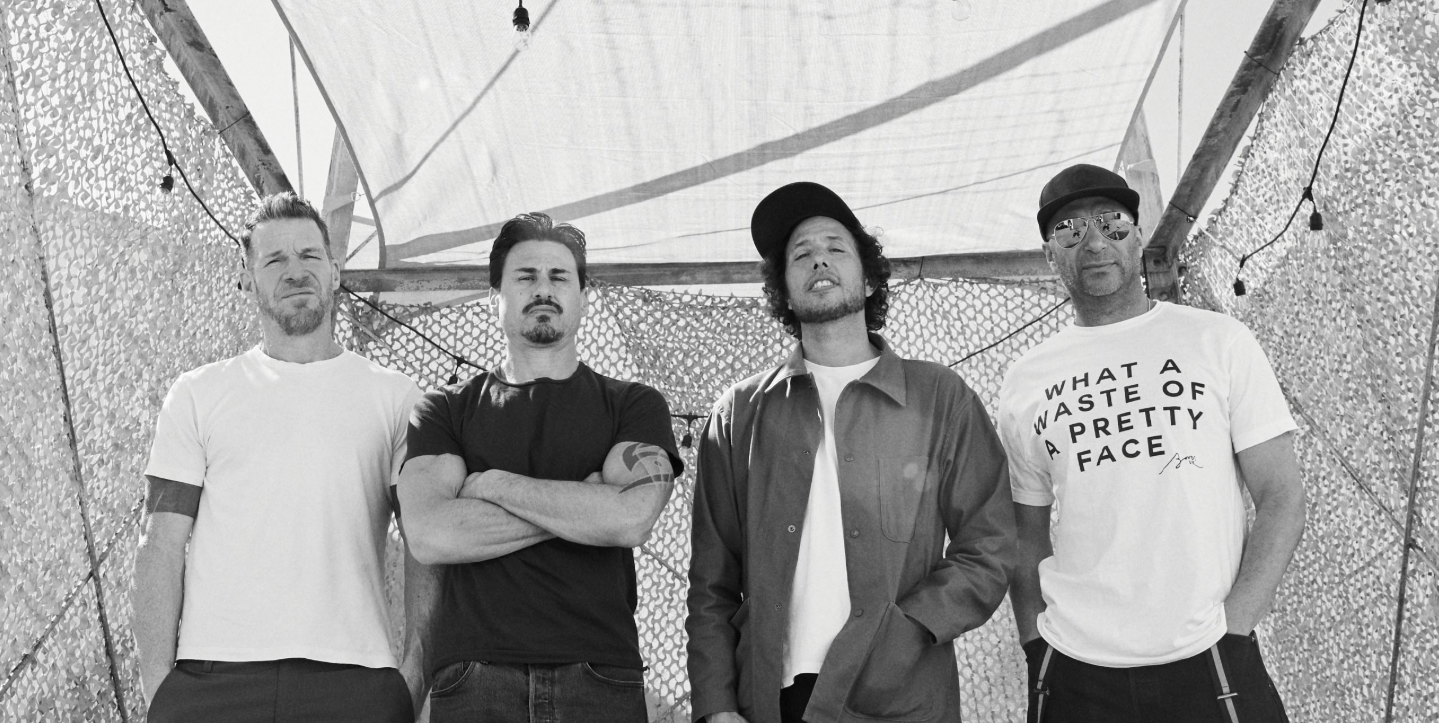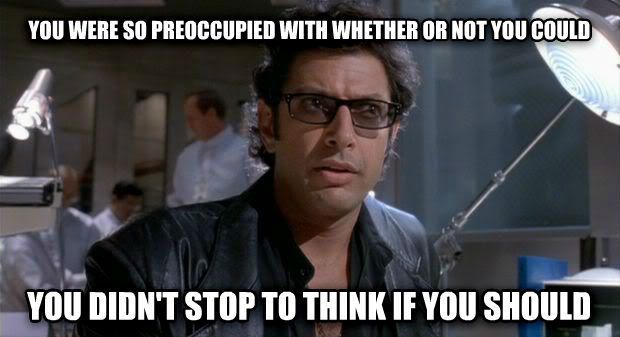I had a conversation with my son this week. He’s a freshman in high school. We live about two miles from his school. Close enough that he can’t take a bus. Far enough that walking home after school in the Florida heat is annoying. He asks me every day, “Can you come pick me up after school, Dad?”
And I say, “No, dude. I have to work. I’m at the office.”
He gets mad. He hates walking home. I’m not heartless. It IS hot out there. But … I can’t just leave work to come get him. That’s how you get promoted to customer, and I certainly don’t want that. Today, as with every other day, I offered to pick him up from school when I’m done with work, but he doesn’t want to wait. Normally, this is where the conversation ends. But, today, it seemed like there was more, so I pressed.
“What’s up?”
He told me about how all his friends from 8th grade are in other schools, how the people he knows from scouts ignore him because he’s the “weird” kid (he’s Autistic, so relationships are tough), and he just hates it. He just hates it.
I told him I was sorry it was so tough. I gave him a hug. I told him things will get better, even though there is a very real possibility they won’t. It’s hard watching your kids hit this particular wall.
“So, will you pick me up?”
“Sorry, bud. I have to work.”
“YOU DON’T CARE ABOUT MY FEELINGS!” he screamed, and then slammed the door shut as he walked off to his classes.
I get this kind of thing a lot when I’m talking to people about politics, which is not something I do very often anymore because it almost always ends poorly. We each express an opinion and, sometimes, people get very angry if I disagree with them. Then, they accuse me of not having empathy, or not caring about their feelings.
I get hit from both directions. Progressives often accuse me of lacking empathy; conservatives, of being “unpatriotic.” Different labels, same result: the conversation ends before it begins.
Anyway, with liberals, I’ll be talking with them about SOME issue: second amendment, abortion, economics, I don’t know. It doesn’t really matter. SOME issue. They’ll state their opinions, I’ll state mine. They’ll talk about their feelings and I’ll say “That’s great …but that doesn’t convince me to change my mind.” And then I’m accused of having no empathy.
At the risk of sounding exactly like the kind of asshole they often accuse me of being, it seems like they think whoever has the biggest sob story wins. They seem to think empathy is the highest virtue.
And I think that’s dangerous. Not that empathy is dangerous, but making it the highest virtue. Here’s why …
Any virtue, not balanced against the other virtues, can be dangerous. I have empathy for my son’s feelings about walking home from school, but if THAT were the main driver in my decision-making, I’d lose my job and then he’d have to walk to and from our new encampment under the highway overpass to get to school. There is a limit to what my empathy can do in this situation. Beyond that, the struggles and challenges he faces now trigger the kind of change he needs to grow into the man he will soon become. We all have to deal with hard times in life similar to what he’s facing. We become better people because of it. If I allow my empathy for his current challenges to reign supreme, he will never have to face this challenge and will never become a functional adult.
I very much WANT to solve this problem for him. No parent worth their salt wants to see their kid suffer. But in this case, action on my part is the wrong answer. He needs to suck it up and walk himself home, and I need to force myself not to fix this the way I have stepped in and fixed so many things for him over the years.
And I have. Believe me, I’ve walked into school offices and community groups that were unwilling or unable to accommodate special needs kids like my son, and I’ve held them accountable until they did better.
But if I want him to grow up, there has to be balance. Without it, even the best intentions collapse into harm. The same is true of every virtue: compassion, justice, courage, civility, temperance. Left unchecked, each one curdles into its opposite. Too much justice, and the world forgets grace. Too much compassion, and selfishness runs wild. The hard work of life is not in choosing one virtue above the rest, but in holding them together. And that balance doesn’t happen by accident. It has to be anchored in a moral framework sturdy enough to keep heart and mind, mercy and truth, in tension.
Lately, we have trouble as a society deciding on what that framework is, or whether it even exists to begin with.
Quite often, when I discuss things with people who accuse me of lacking empathy, the real reason things fall apart is because they tend to believe Empathy is the supreme virtue. People do it all the time.
Earlier this week, one of my friends asked about some quotes Charlie Kirk had about empathy. In the quote she shared, Charlie says he hated empathy, and thought it was a made-up word that causes harm.
“Jesus commanded us to have empathy for our neighbors,” she said. I was confused.
“That’s usually ‘Love’ your neighbor,” I said “Not ‘empathize’ with them.
She did not respond.
When Jesus told his followers to “love your neighbor as yourself,” he was quoting Leviticus 19:18. The Hebrew word there, ahava, means affection, loyalty, even friendship. Hebrew offers other options: rachamim (a tender, motherly mercy), chesed (covenant kindness that implies action), nechamah (comforting someone in their grief). Each of these leans toward what we might today call empathy.
“Empathy,” by contrast, is modern. The Greek empatheia originally meant “excess passion” leaning toward the negative, and only took on its current sense in the late 19th century through German philosophy. In other words, love is ancient and active; empathy, at least as we define it now, is new and more fragile.
Jesus could have elevated any of these virtues. Instead, he chose ahava; he chose love. And in the New Testament, that word expands into agape, a love that is not just feeling but commitment, not just sympathy but action. It includes empathy but transcends it, balancing heart with mind, compassion with truth.
Knowing other people’s struggles and imagining yourself in their pain is a good thing. But “he who has the most pain wins” is not an effective approach. Neither is “You disagree with me, therefore you don’t care about my pain”
Unbalanced “empatheia.” or a modern approach to emotion that isn’t balanced with other virtues. THAT is where empathy can cause damage, and THAT is what I think Charlie Kirk was talking about when he says he hates it.
I can’t say for sure, though, because he doesn’t go into it beyond the short clips making the rounds on social media. And we can never ask him, because someone – likely overcome with empatheia – took his life rather than balance the virtues they thought they had in their head.
The Greeks weren’t wrong to worry about “empatheia.” Left unbalanced, any virtue twists into a vice. The challenge of life, whether as a parent, a citizen, or just a human trying to make sense of it all, is not to choose which virtue wins, but to hold them together in tension. Heart and mind. Strength and mercy. That balance is where love actually lives.
At the end of the day, my son will still walk home. He’ll sweat, and he’ll complain, and he’ll slam a few more doors before he learns that walking home isn’t the end of the world. And I’ll still sit here wrestling with when to lean into empathy and when to hold back.
Love isn’t always soft. Sometimes it’s sweat on the sidewalk, tough conversations, and holding a line you wish you could bend. Not because you don’t care, but because you do.










